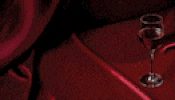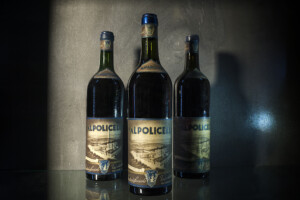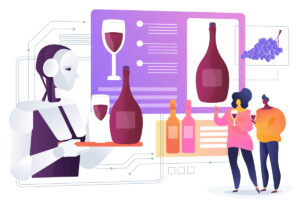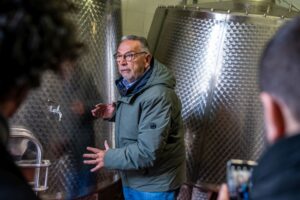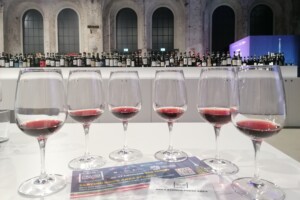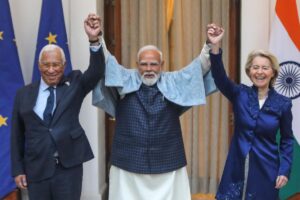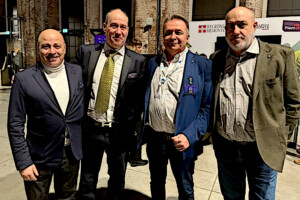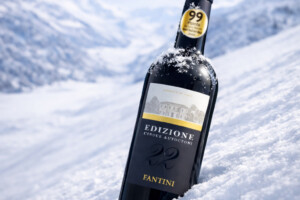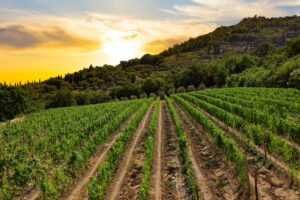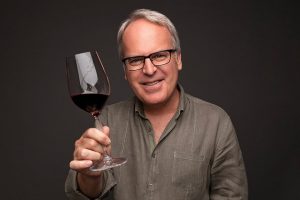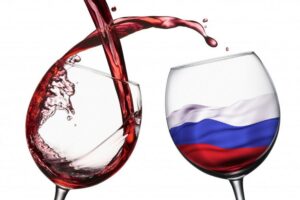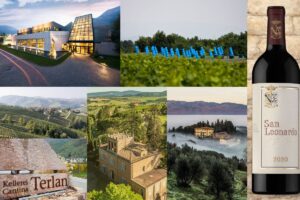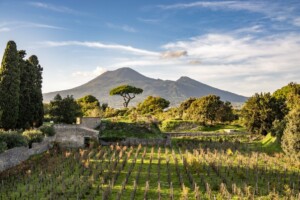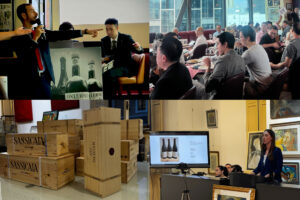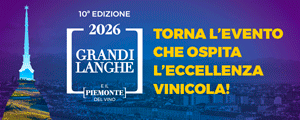“When emergences emerge, we will adopt measures. At present, given that Italy holds the record for exports, we don’t feel the need to say that we are in an emergency, despite data that needs to be tested and verified from any point of view. Then, in case, we will intervene where there is necessity of intervention. Because, if before one decides to make “overproduction”, and, then, it becomes a problem for anyone, one has to understand if this is the priority, if there is a solution, if there are solutions that producers could find, if, for emergency, one means a drop in people’s income because there are sectors which, today, are suffering much more than that of wine”. Minister of Agriculture Francesco Lollobrigida stated that to WineNews from Slow Food Italia Assembly at Fao, today, in Rome, during an interview, to which a reflection about the different requests of emergency distillations was asked, but also potential explantation of vineyards, about which different category organizations, both national or regional, are beginning to talk more or less concretely, also in view of a harvest 2025 which is arriving with still much wine in the winery to a wine market, which, as known, is not going through a brilliant phase certainly.
But, this was only one of the themes coped by Minister Lollobrigida in the interview. Starting, for example, from today meaning of ensuring food to everyone, main mission of Fao, and also in line with Slow Food action. “Ensure food for everyone means not having the possibility to use food as a weapon”, comments Lollobrigida. Who, on the contrary, regarding the theme Usa-Eu duties, about which, there are no certainties, he adds: “it is useless to comment “ifs, maybe we will see if”, because everyone wastes a lot of time, and I think it is licit by journals to discuss, offer the occasion, and platform to discuss, but it is equally licit for who can contribute for his/her own part, and contain this, and prepare eventual countermeasures to possible criticalities”.
About the Slow Food Italia Assembly, not casually hosted by the Fao, an organization with which Slow Food has collaborated for years, Lollobrigida stated “it is a very important event, offering an opportunity to reflect once again on food in its many dimensions, and above all on food producers, who are often the true custodians of the environment and the land, and, on this, we share a common vision: helping to bring value to production. Give value to production means ensuring the entire supply chain, starting with primary producers in fishing, livestock, and agriculture. This not only supports countries like Italy, where food is a hallmark of excellence, but also helps developing nations follow the same path by achieving food self-sufficiency and economic growth giving back the possibility also to those who have long been marginalized in extremely poor agricultural economies the chance to continue working as farmers, generating income for themselves, their families, and their communities, and thus preserving their land through commitment and work.”
Another key issue, among others, also dear to Slow Food, is food education in schools, where concrete developments are expected. “The Ministry already aims to include food education within civic education, which should teach how to live within society. But, I believe we must go further and make it a dedicated subject in schools - explains the Minister - because food education in schools fills a gap left by the absence of those early-life teachers, parents and grandparents who used to guide children with the simplest advice: “this is good, this is bad”. And, you knew that, in front of food, you had to ask yourself a question. This element is now missing, and communication messages which don’t derive from an emotional bond which is present in mentioned cases, but from the bond with companies trying to sell, are prevailing, while people passively absorb this type of information. That’s dangerous, not all messages are always harmful, but without the right filters, it’s hard to judge. School provides those filters that are used to judge, and therefore also the child, teen, and future citizen must be able to understand what is good or bad for them, and, above all, I add, this helps reduce healthcare costs in the right way. Because healthcare can be reduced in many ways, by cutting hospitals or salaries of doctors and nurses, which is not our path. The path to prevention exists which is the only real way to reduce the number of future patients”. Starting also with food”.
Copyright © 2000/2026
Contatti: info@winenews.it
Seguici anche su Twitter: @WineNewsIt
Seguici anche su Facebook: @winenewsit
Questo articolo è tratto dall'archivio di WineNews - Tutti i diritti riservati - Copyright © 2000/2026

